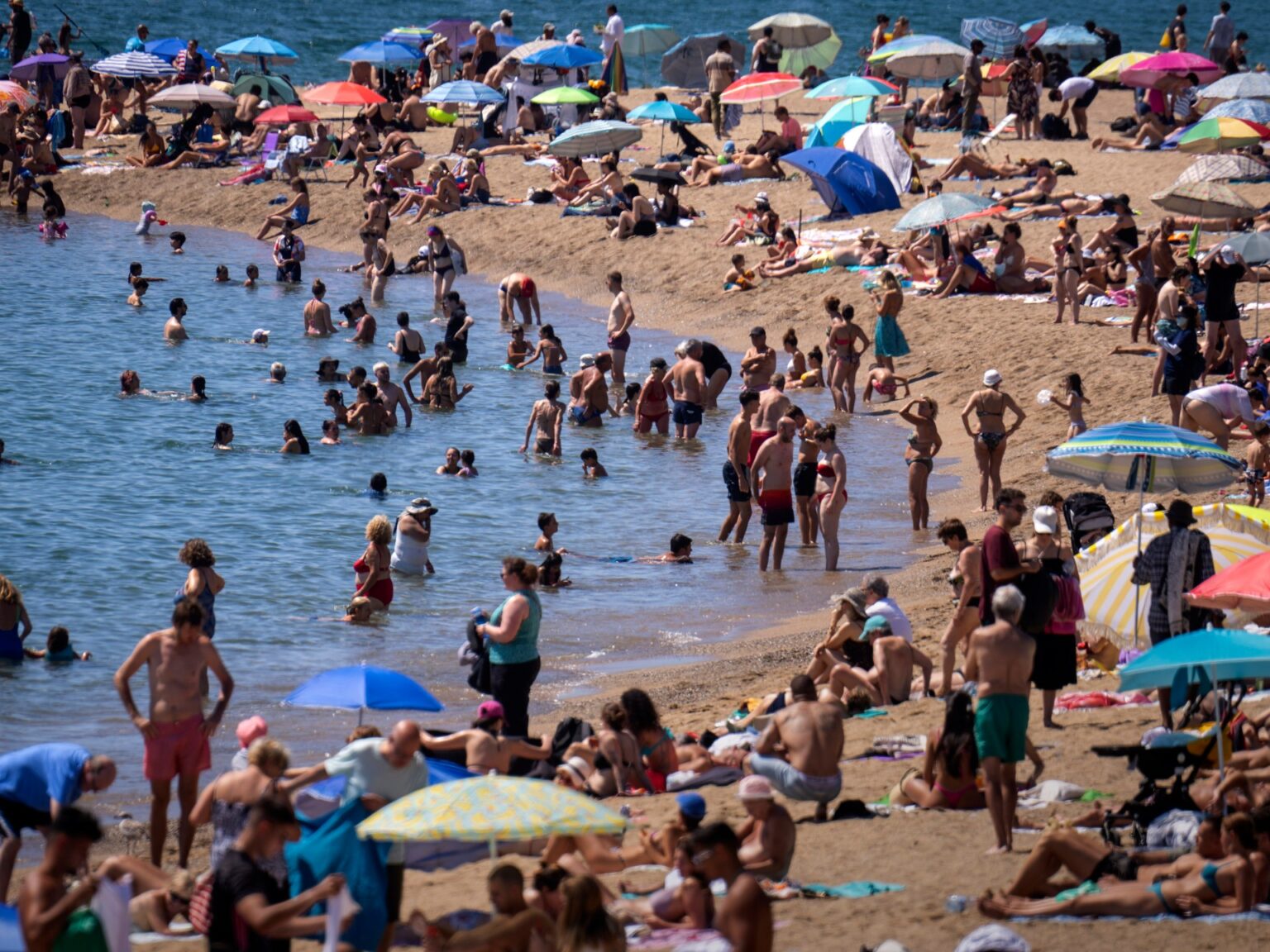The study found that without the phasing out of fossil fuels, temperatures will continue to soar.
About half of the world’s population experienced an additional month of extreme heat over the past year due to human-caused climate change, according to a new study.
The extreme heat caused deaths and illnesses, damaged agricultural crops and strained energy and healthcare systems, according to the report (pdf) from World Weather Attribution, Climate Central and the Red Cross published on Friday.
Researchers analysed weather data from May 1, 2024 to May 1, 2025 to spotlight the dangers of extreme heat, which was defined as hotter than 90 percent of temperatures recorded at a given location between 1991 and 2020.
It found that about four billion people, or 49 percent of the world’s population, experienced at least 30 days of extreme heat. According to the report, 67 extreme heat events were found during the period.
“Although floods and cyclones often dominate headlines, heat is arguably the deadliest extreme event,” the report said.
Deaths linked to extreme heat are often underreported or mislabelled, according to experts. Heatwaves are silent killers, said Friederike Otto, associate professor of climate science at Imperial College London and one of the report’s authors.
“People don’t fall dead on the street in a heatwave … people either die in hospitals or in poorly insulated homes and therefore are just not seen,” he said.
“With every barrel of oil burned, every tonne of carbon dioxide released, and every fraction of a degree of warming, heatwaves will affect more people,” he added.
The Caribbean region was among the most affected by additional extreme heat days, the study found, with the island of Aruba recording 187 extreme heat days, 142 days more than would be expected without climate change.
Low-income communities and vulnerable populations, such as older adults and people with medical conditions, suffer the most from extreme heat.
The high temperatures recorded in the extreme heat events that occurred in Central Asia in March, South Sudan in February and the Mediterranean last July would not have been possible without climate change, according to the report.
At least 21 people died in Morocco after temperatures hit 118 degrees Fahrenheit (48 degrees Celsius) last July.
Roop Singh, head of urban and attribution at the Red Cross Red Crescent Climate Centre, in a World Weather Attribution statement, said people are noticing the temperature is getting hotter without linking it to climate change.
“We need to quickly scale our responses to heat through better early warning systems, heat action plans, and long-term planning for heat in urban areas to meet the rising challenge,” Singh said.
The researchers said that without phasing out fossil fuels, heatwaves will continue to become more frequent and severe.

